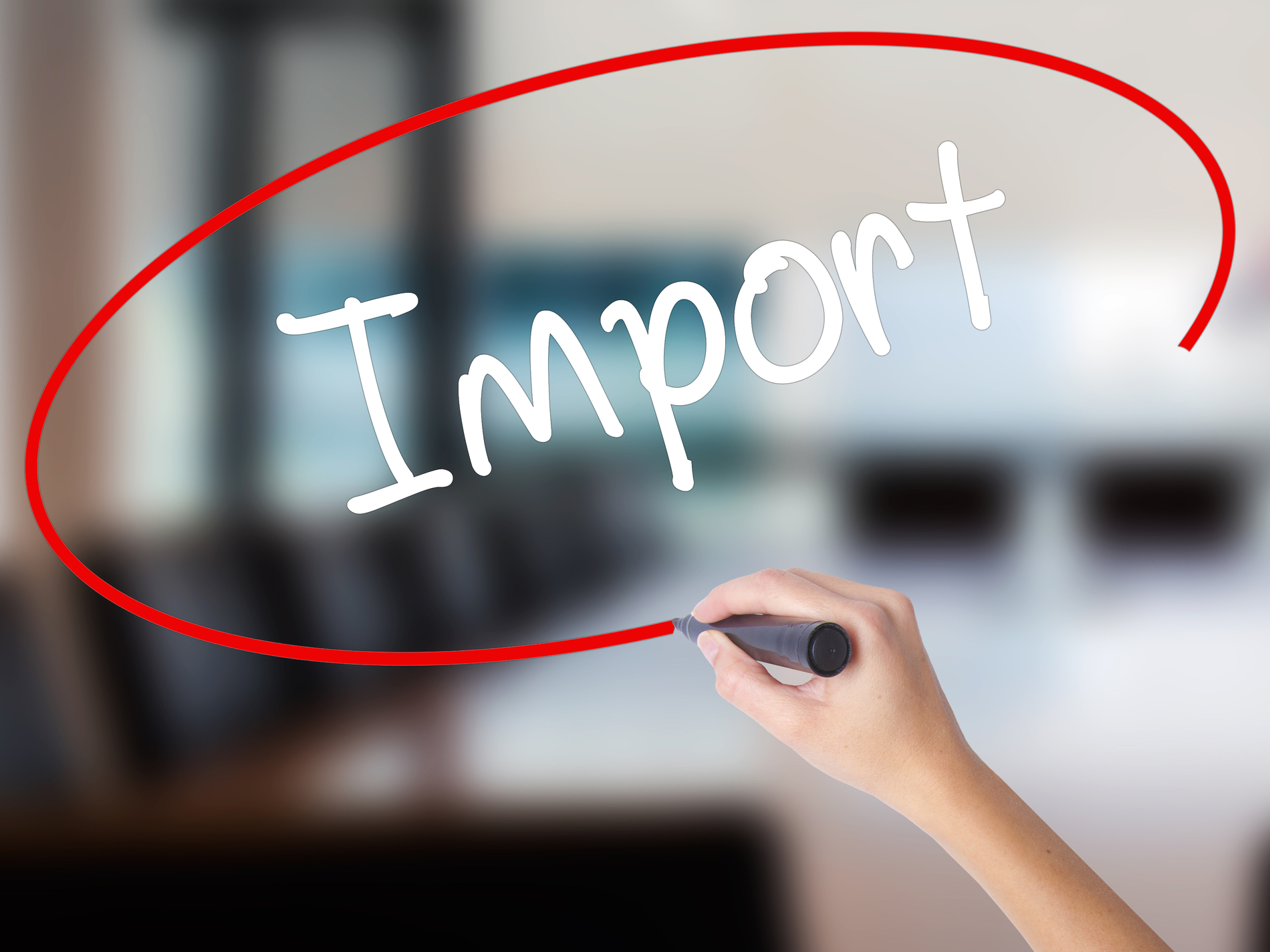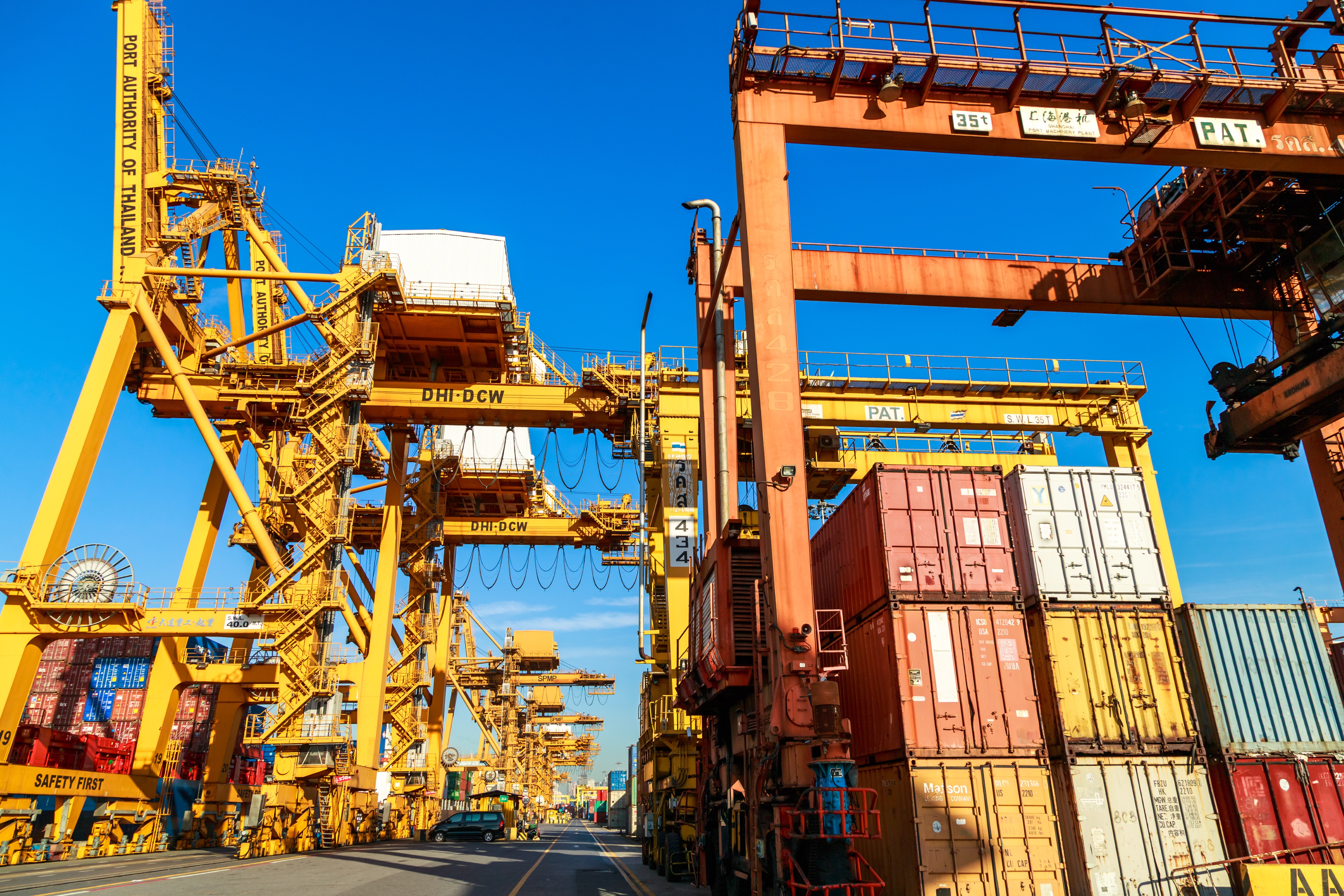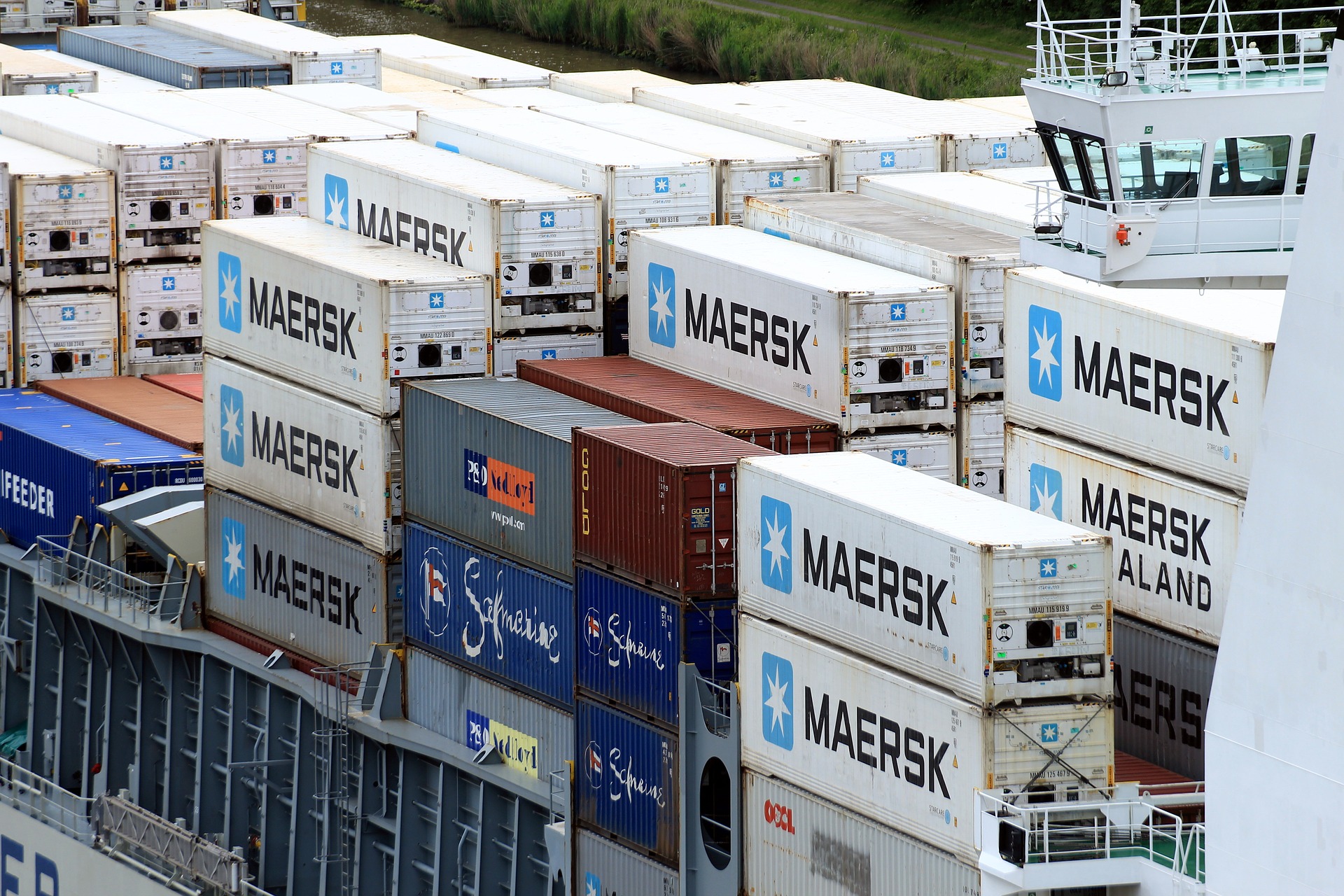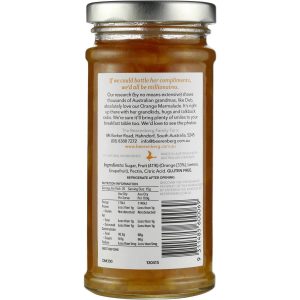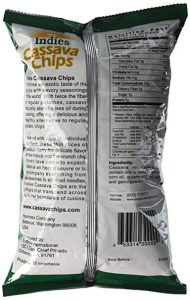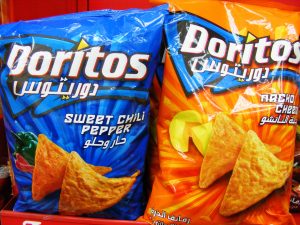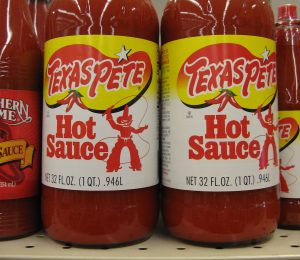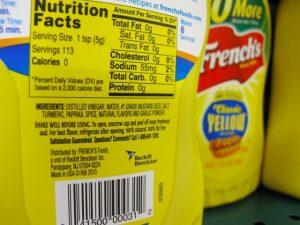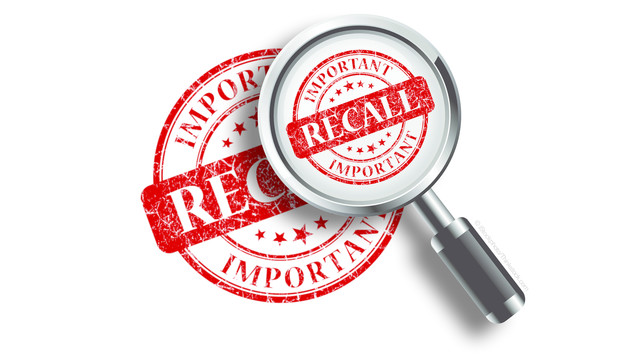Dietary supplement importers must engage an agent physically located in the U.S. to verify their foreign suppliers compliance with U.S food safety laws. In fact, in 2019 the FDA cited the lack of developing a foreign supplier verification program (FSVP) as one of the most cited violations for FDA registered facilities. For most businesses the FSVP deadlines for compliance have passed, so making sure you have your FSVP plan in place before you ship is critical. FDA requires importers to present their FSVP’s upon request.
The FSVP rule was issued by FDA after passage of the Food Safety Modernization Act signed into law in 2011. The FSVP rule requires importers to perform “risk-based activities” to verify that the food they bring into the United States has been produced in a manner that meets U.S. food safety standards.
One of the key elements of the FSVP rule for foreign dietary supplement importers or exporters with no employees located in the U.S. is the requirement to designate an “agent” to carry out FSVP responsibilities on behalf of the importer. The agreement with the agent must be in writing and the agent must be identified in U.S. customs paperwork submitted with each shipment.
The FDA cited numerous registered facilities for FSVP-related violations, including:
- Failing to follow or maintain a FSVP plan
- Failing to translate the FSVP plan into English
- Failing to sign and date modification to the FSVP
- Failing to make adequate assurances of a supplier’s food safety
There was a 17% increase in the number of FSVP violations in 2019 from 2018. This demonstrates FDA’s continued focus on ensuring the safety of dietary supplements and food products entering the U.S. supply chain.
So if you are exporting dietary supplements to the U.S. or a U.S.-based importer, I’m sure you are wondering how the FSVP rule applies to you. For starters you need to pay attention because compliance with FSVP is mandatory. Businesses found in violation of the FSVP rule can face a variety of penalties, from seizure of the imported products to criminal prosecution. The FDA is currently conducting regulatory audits of importers and has made this new initiative their priority. Fortunately, there is still time to put a FSVP plan in place.
If you have questions about FSVP, need to develop a FSVP plan or need to engage a U.S. FSVP Agent, please feel free to schedule a call with our attorneys at Morsel Law.

